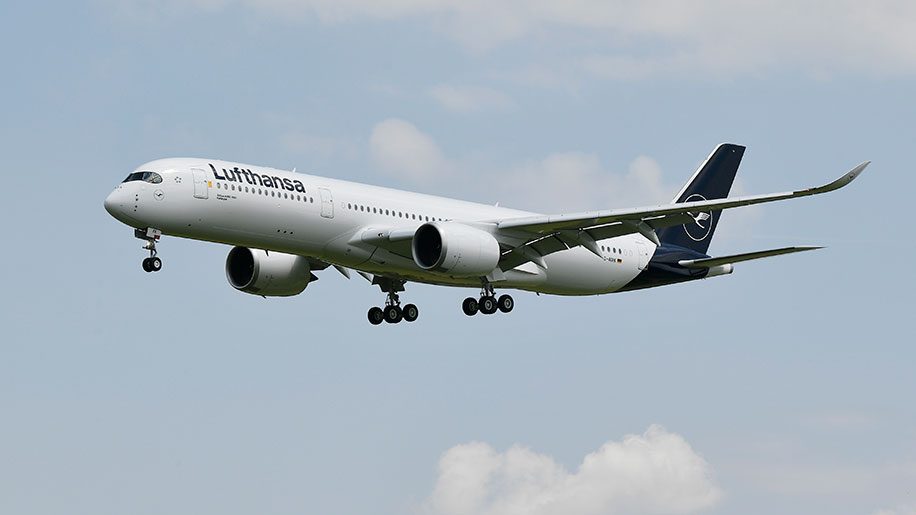
The newly-introduced EU Emissions Trading Scheme (ETS) looks likely to lead to higher ticket prices, with German carrier Lufthansa admitting that in the future fuel surcharges applied to ticket prices will reflect both the price of oil and the cost of acquiring emission rights under the scheme.
ETS was launched on January 1, and requires all carriers operating into and out of EU airports to purchase allowances to cover their carbon emissions.
There has been widespread opposition to the scheme from airlines, particularly from foreign carriers, and Lufthansa says that it expects to incur additional expenses of €130 million this year as a result of its introduction.
The carrier says it will “have to pass on the costs via higher ticket prices”, although it adds that it has “no immediate plans” to adjust its fuel surcharge, which was last increased on December 15 last year.
Commenting on the launch of the EU’s Emissions Trading Scheme, Carsten Spohr, member of the executive board of Deutsche Lufthansa AG, said:
“Climate change is a global challenge. This means we also need a global solution. The incorporation of airlines in the EU Emissions Trading Scheme means that European operators are now facing additional costs which will make flying within and via Europe more expensive for passengers.
“It will also distort competition and impact on the sustainability of the aviation industry if it proves impossible to implement with the competitive neutrality promised by policy makers. However, given the huge resistance at international level, it is unclear just how the situation will develop.”











